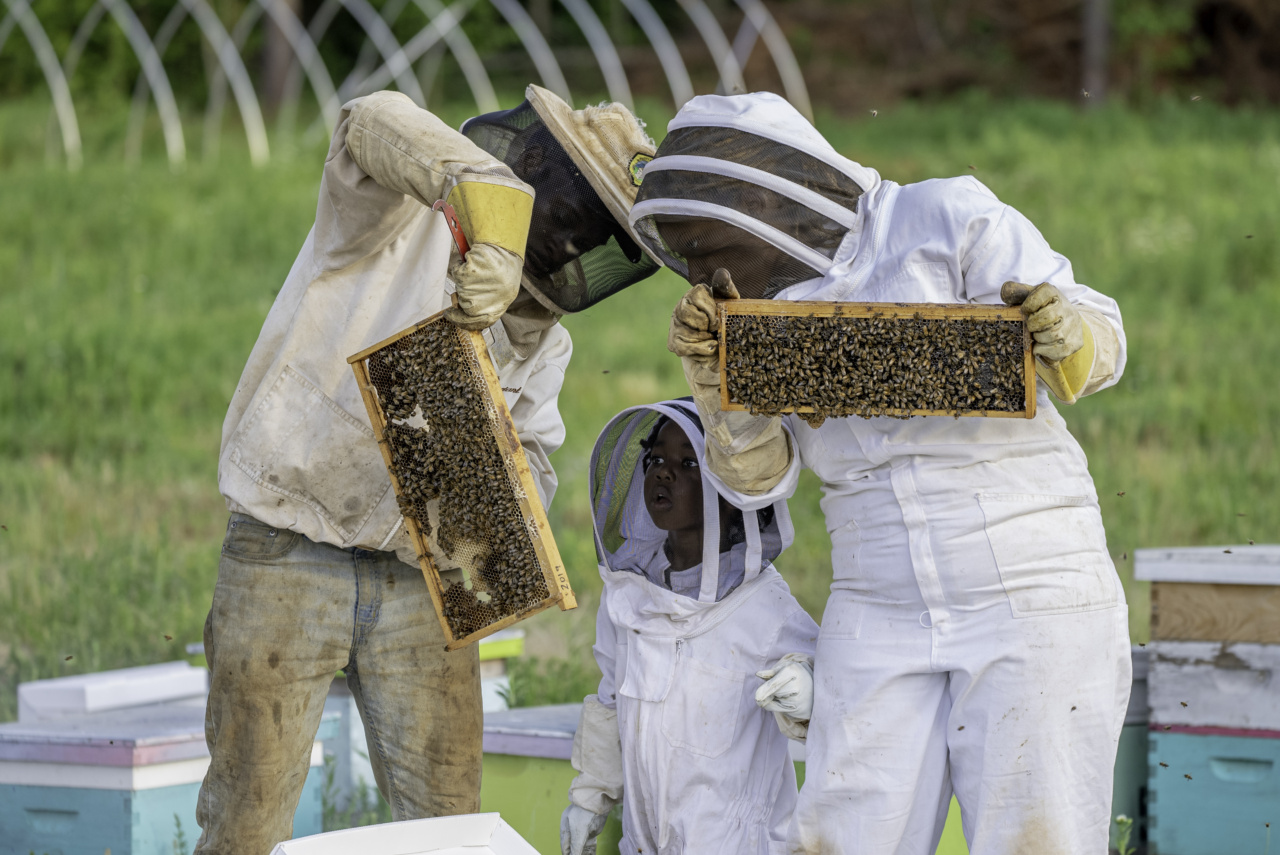Parental licensing refers to the concept of requiring individuals to obtain a license before becoming parents. It is a controversial topic that sparks debates about personal freedom, government intervention, and child welfare.
In recent years, discussions around parental licensing have gained traction, leading to proposed changes in existing laws and regulations.
The Need for Parental License Changes
Advocates for parental licensing argue that it can have significant benefits, such as ensuring that children are raised in safe and nurturing environments.
They believe that by requiring individuals to meet certain criteria before becoming parents, it can help prevent child abuse, neglect, and other forms of harm.
Supporters also argue that parental licensing can lead to improved parenting skills and overall family well-being.
With mandatory educational courses and guidance, new parents can acquire the necessary knowledge and tools to raise their children more effectively.
The Challenges and Concerns
While the idea of parental licensing may seem appealing in theory, there are several challenges and concerns associated with its implementation. Many critics view it as a violation of personal autonomy and reproductive rights.
They argue that people have the natural right to have children and that imposing restrictions infringes upon these fundamental rights.
There are also concerns about the potential for biases and discrimination in the licensing process.
Critics worry that certain groups of people may face systemic barriers or prejudice, limiting their ability to become parents based on subjective criteria.
Another concern is the potential for government overreach and excessive regulation. Critics argue that policing who can and cannot have children sets a dangerous precedent and opens the door to further government intervention in private affairs.
Proposed Changes in Parental Licensing
In response to the challenges and concerns surrounding parental licensing, there have been discussions about potential changes to make the concept more feasible and acceptable to a wider audience.
1. Education and Support Programs
Rather than requiring a license per se, proponents suggest implementing mandatory parenting education and support programs for individuals who plan to become parents.
These programs would aim to equip them with the knowledge and skills needed to provide a safe and nurturing environment for their children.
By providing comprehensive educational resources, accessible to all individuals regardless of their background, the hope is to improve parenting practices without infringing upon personal autonomy.
2. Voluntary Licensing
Another proposed change is shifting towards a voluntary licensing system. Instead of mandating parental licenses, individuals would have the option to obtain a license voluntarily.
This approach allows those who desire additional support and recognition as responsible parents to undergo the licensing process.
In a voluntary licensing system, parents who obtain a license could potentially receive benefits or incentives, such as tax credits, access to support networks, or priority for certain services.
This approach aims to provide positive encouragement rather than coercion.
3. Revision of Licensing Criteria
Critics of parental licensing often point to the subjective nature of the criteria used to evaluate applicants. Proposed changes include revising and standardizing licensing criteria to ensure fairness and avoid discrimination.
By establishing clear and objective benchmarks for evaluating parental fitness, such as completing educational programs, demonstrating financial stability, and passing basic competency assessments, the licensing process can be more transparent and less prone to biases.
Conclusion
Parental license changes are a complex and contentious issue. While the idea of regulating who can become parents may seem appealing to some, it raises important questions about personal autonomy, government intervention, and potential biases.
Nonetheless, exploring alternative approaches such as mandatory education programs, voluntary licensing, and objective criteria can help address these concerns while supporting improved parenting practices.




























